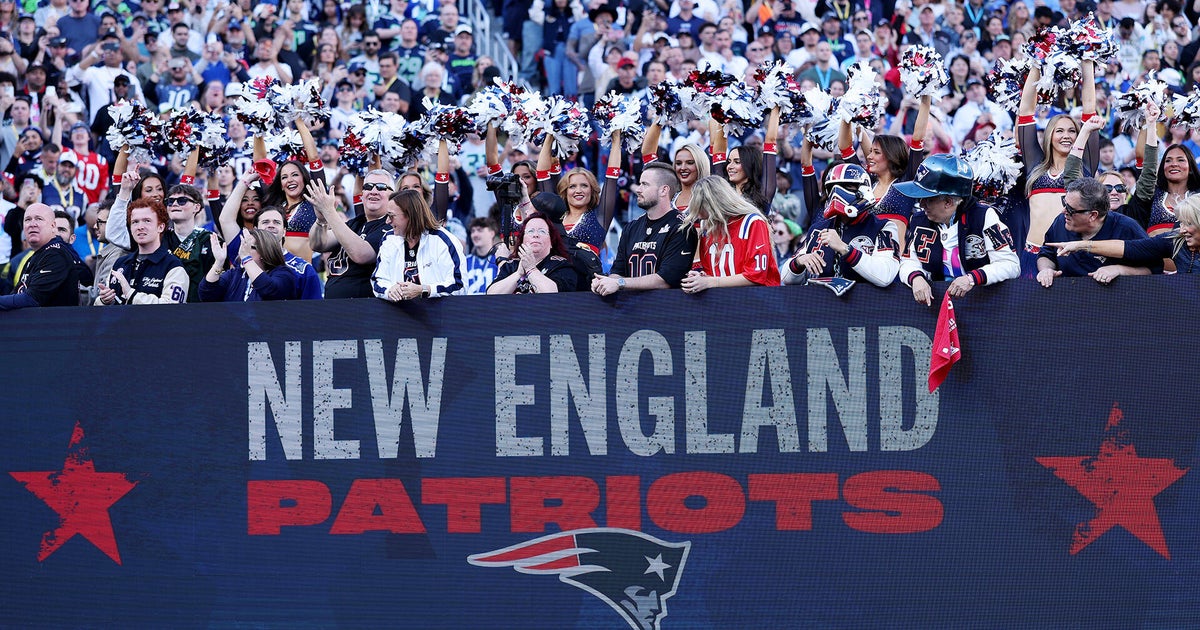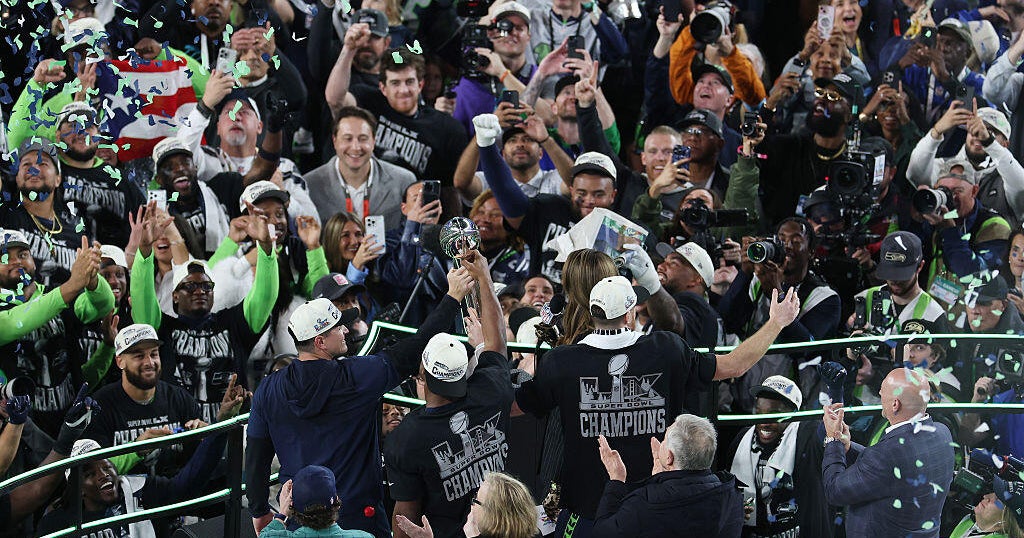Good Question: How Much Does The Home-Field Advantage Help?
MINNEAPOLIS (WCCO) -- The Seahawks are coming to our town this weekend. Seattle is favored by five points, but can some subzero temperatures and a lot of SKOL give us an edge?
That had Bill from Elk River wondering: How much does home field advantage matter? Good Question.
Toby Moskowitz co-wrote "Scorecasting," and he says the home field advantage is very real in every sport, every time in history.
Moskowitz's stats found that over time, when teams are evenly matched, the home team wins -- 53.9 percent of the time in Major League Baseball, 55.7 percent in the NHL, 57.3 percent in the NFL and 60.5 percent in the NBA.
But what if the teams aren't evenly matched?
"Well, then all it does it mitigate it," Moskowitz said. "If this were played in Seattle, they would be at least eight-point underdogs."
So does it matter that the players get to stay at home that night?
"We didn't find any of that, and I'll tell you why -- we looked at a bunch of games where everyone sleeps in their own bed," Moskowitz said.
Moskowitz studied games like the Mets versus the Yankees, or even the Clippers versus the Lakers (who play in the same arena) and still found evidence of a home field advantage at play.
"There's no difference in home field advantage than when Seattle travels all the way to Miami," Moskowitz said. "Where we found the biggest effect was the referees. And it's not that they're biased towards the home team, but it's not necessarily a conscious thing."
Moskowitz says the referees are more influenced by the fans than their own team affiliations.
"Say, 60,000 fans -- if you've got them screaming that the call should go one way and you're not sure, and you need to make a split-second decision, it tends to affect your perception."
Moskowitz accounts for the differences in sports by the different influences a referee has on the game of baseball versus, say, basketball. He also says instant replay has been shown to lessen the home field advantage in football.







